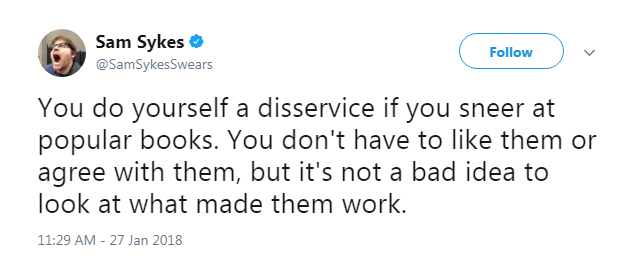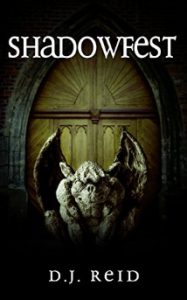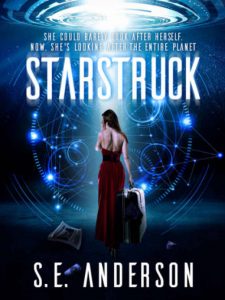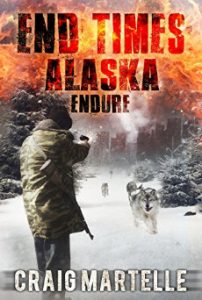
The first book in the Akrad’s Legacy series, Akrad’s Children follows siblings Dinnis, who always believed his father would return to save him, and Ista, who embraced the teachings of the cruel sorcerer who held them prisoner. Caught up in their story is Mannok, the siblings’ half-brother, crown prince of Tamra and heir to the throne of Akrad’s enemies.
While I’m not generally a fan of stories about young adults struggling to find their place in the world, this tale is so beautifully written and the characters so adeptly portrayed that I found myself really enjoying their story. I would even go as far as to say that Akrad’s Children is a classic in the making.






